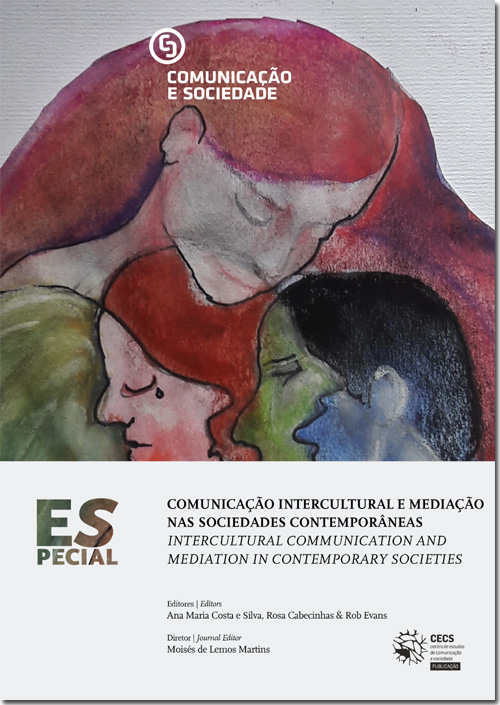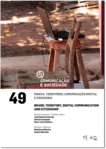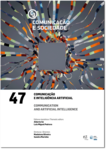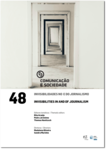Intercultural dialogue and intergroup relations in Europe: contributions of Cultural Studies and Social Psychology
DOI:
https://doi.org/10.17231/comsoc.0(2019).3063Palavras-chave:
Intercultural dialogue, Cultural Studies, Social Psychology, intergroup relationsResumo
This paper discusses the contributions of Cultural Studies and Social Psychology to the debates on the challenges inherent to the promotion of intercultural dialogue in Europe, in the current context of intergroup relations among several Others, facilitated by factors such as the intensification of migratory flows and the progress of information and communication technologies. To this end, we associate concepts and categories from different theoretical perspectives in these fields, in order to articulate discussions about identity processes, alterity, social representations, collective memory, symbolic asymmetries, coloniality of power, being and knowledge, in order to (re)initiate debates on complex phenomena that are intertwined in the development of intercultural dialogue. Therefore, different understandings about the concepts of multiculturalism and interculturality are presented, advocating the importance of a critical perspective in the understanding of interculturality, conceiving it as a project that starts from the experiences of the “subalterns”, in order to seek the transformation of social, institutional and epistemic structures. This perspective allows people to (re)create different ways of being and relating to others, implying not only the mere recognition and tolerance of other cultures, but also their appreciation, in mutual dialogue and transformation.
Downloads
Downloads
Publicado
Como Citar
Edição
Secção
Licença
Os autores são titulares dos direitos de autor, concedendo à revista o direito de primeira publicação. O trabalho é licenciado com uma Licença Creative Commons - Atribuição 4.0 Internacional.











